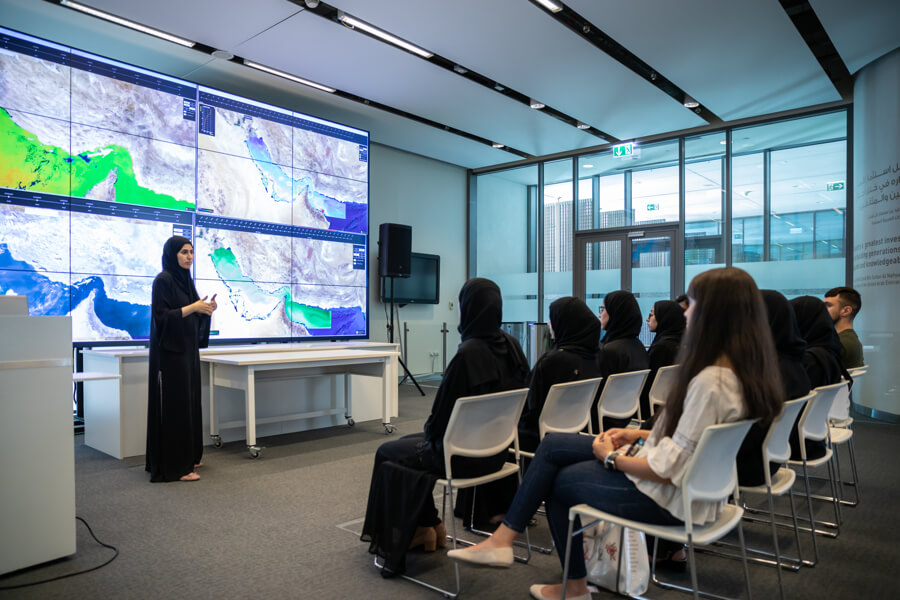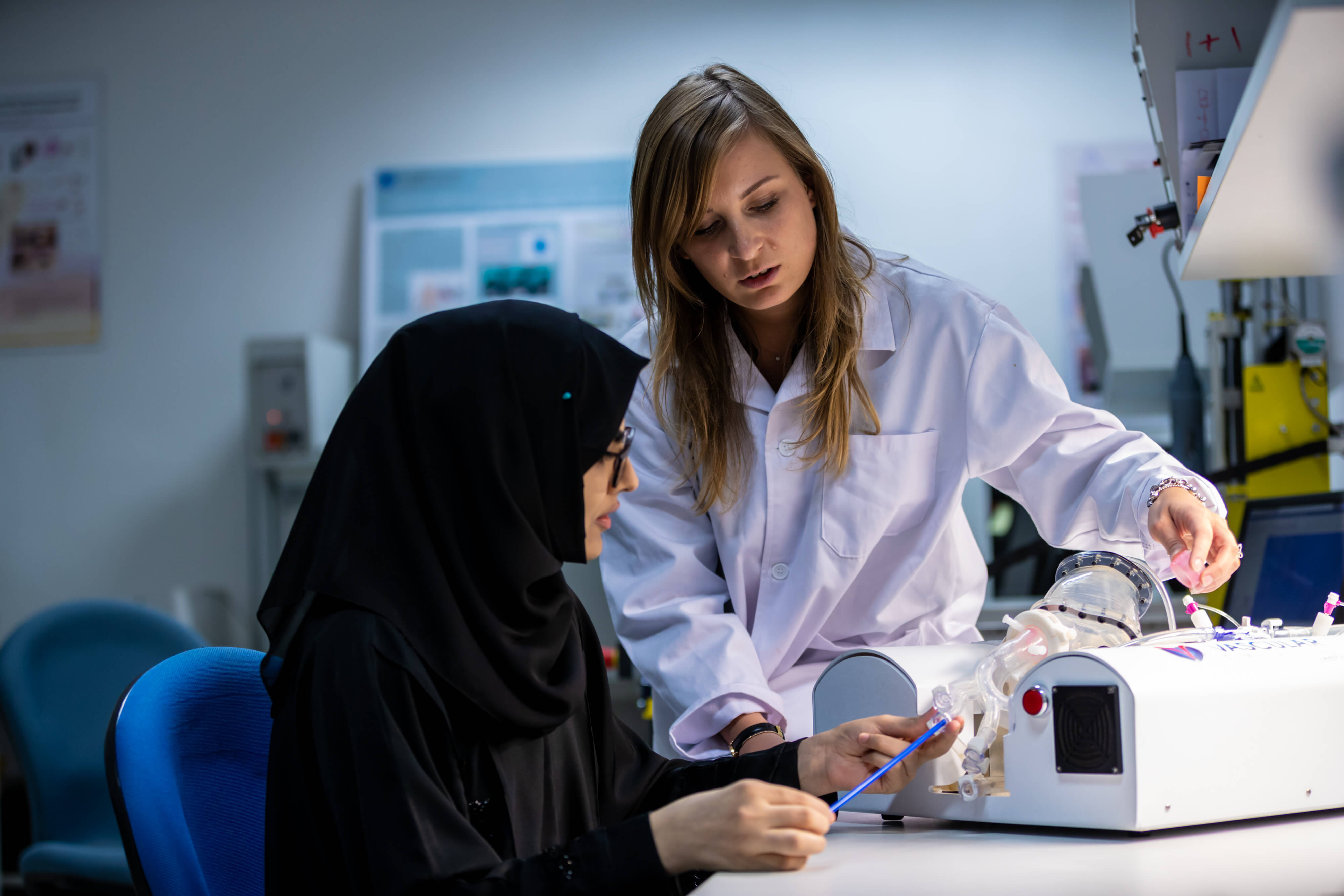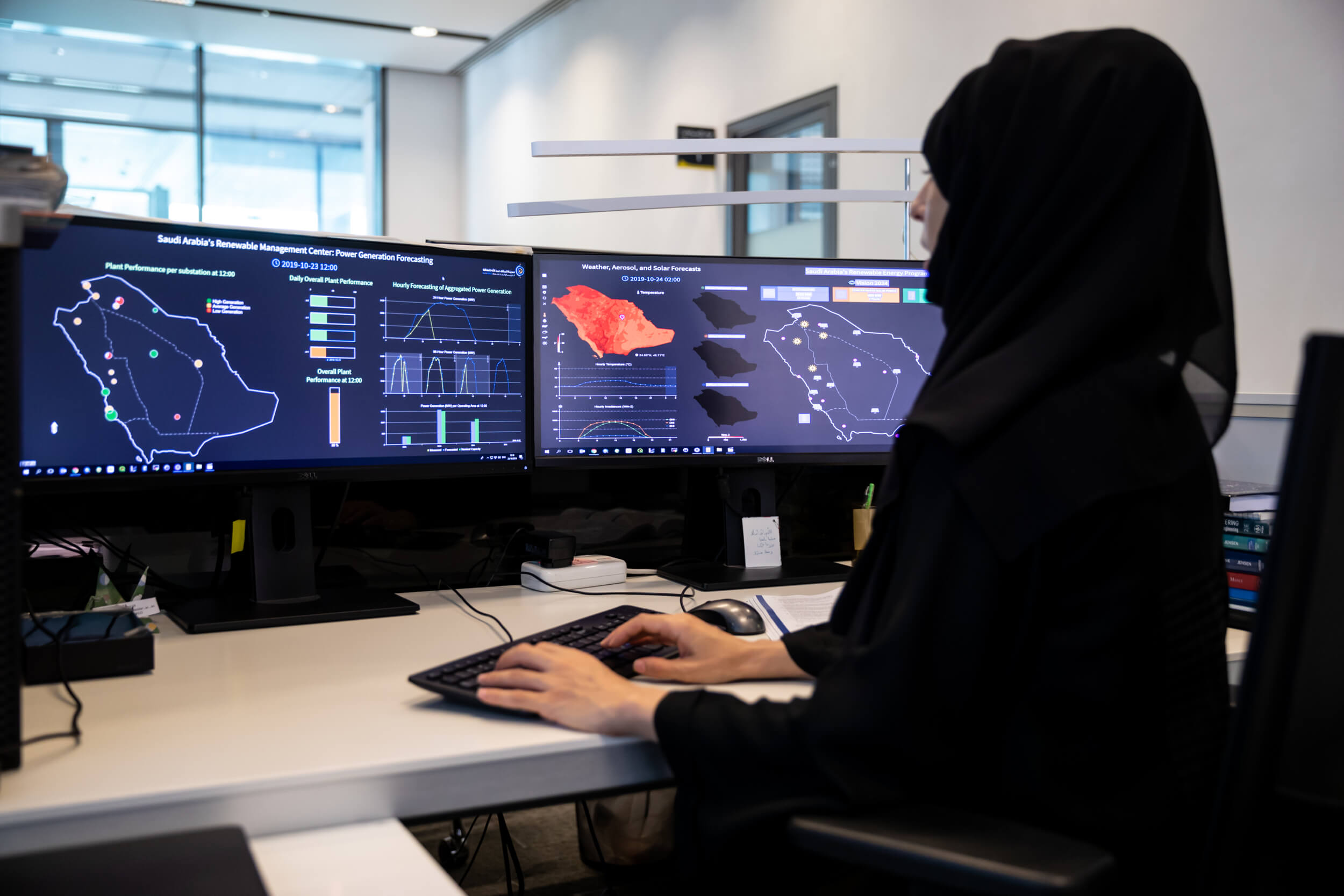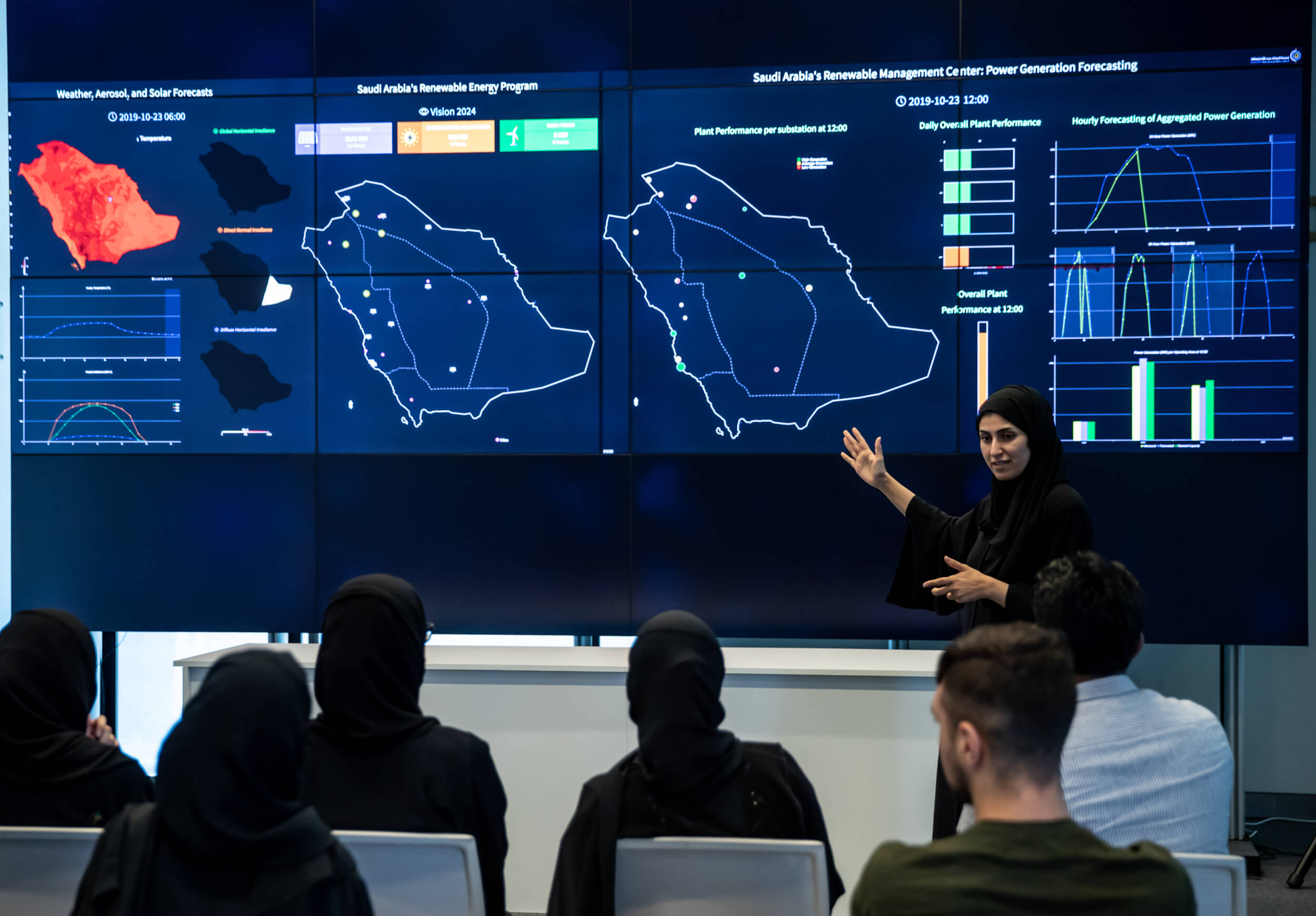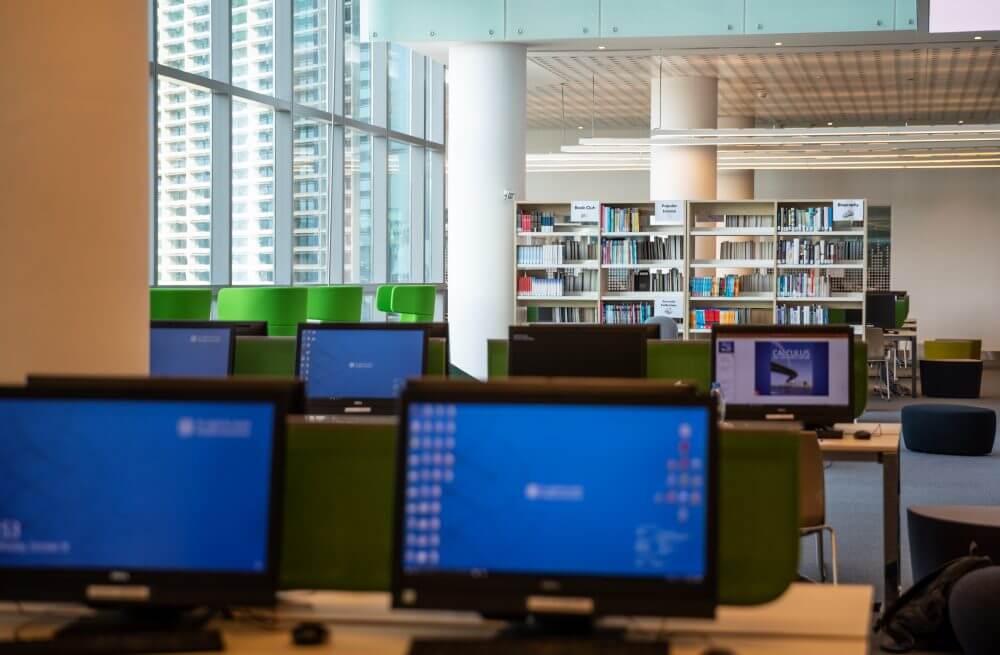Use of Electron Microscopy Facilities to Help Abu Dhabi Gain Insights into Renewable Energies, Environment, Oil and Gas, Advanced Technologies;
Student Qualifies to Operate Hi-Technology Equipment
Abu Dhabi-UAE: 05 November, 2012 – Masdar Institute of Science and Technology, an independent, research-driven graduate-level university focused on advanced energy and sustainable technologies, today announced several industries within the Emirate of Abu Dhabi and the UAE have shown keen interest in utilizing the FEI Quanta™ 3D DualBeam™ microscope – the only one in the UAE.
The microscope brings new capabilities and flexibility to scientists, engineers and researchers needing to characterize materials and conduct failure analysis or control processes. Sectors related to nanotechnology in the UAE including new materials, oil and gas, advanced manufacturing, and semiconductor industry are expected to benefit from this specialized hi-tech equipment that is installed at the Masdar Institute campus.
The FEI Quanta 3D Dual Beam is one of the six extremely advanced electron microscopes at Masdar Institute and the unique nature of these facilities have already caught the attention of local industries that are keen to utilize them for industrial and scientific purposes.
Dr Fred Moavenzadeh, President, Masdar Institute, said: “The high-technology facilities at Masdar Institute contribute to the advancement of innovations and research and development in various industrial sectors. But more importantly, as directed by the country’s leadership, Masdar Institute offers its facilities to industrial sectors of strategic importance to Abu Dhabi and the UAE. We thank the UAE’s leaders for their support and feel confident that our advanced equipment, such as the electron microscopy facility, will assist in improving the productivity rate and bring long-term benefits to the country.”
Students of Masdar Institute across the various programs have excelled and remained in the forefront, acquiring knowledge and special expertise. Jin Huang, a Master’s student under Dr Marcus Dahlem, Assistant Professor – Microsystems Engineering, is now fully qualified to access and operate the FEI Quanta 3D DualBeam microscope on his own. Trained and certified by Microscopy Instructor Ronald Warren and Microscopy Manager Mike Tiner at Masdar Institute, Jin Huang is currently the only fully qualified student operator allowed to use this cutting-edge equipment. The FEI Quanta 3D DualBeam is used for several purposes including fast prototyping of nano- and micro-scale structures, sample preparation for use on transmission electron microscopy (TEM), characterization of new materials, analysis of fabrication processes in the semiconductor industry.
The six advanced electron microscopes at Masdar Institute are expected to help Abu Dhabi and the UAE in gaining understanding and tackling specific problems related to renewable energies, environment, oil and gas, advanced technologies. At present this microscopy facility is used to support the research of the faculty from programs including the Microsystems Engineering, Material Science and Engineering, Water and Environmental Engineering, and Chemical Engineering.
Dr Marcus Dahlem said: “DualBeam microscopes, such as the FEI Quanta 3D, have been used in the semiconductor industry for several years. However, more recently, there has been a growing interest in using such equipments for different areas related to renewables, as well as oil and gas. We are fortunate to have these advanced equipments within our campus and additionally have a qualified student who is proficient enough to operate and utilize such a hi-tech facility for the benefit of the industries in the UAE.”
The FEI Quanta 3D DualBeam is a scanning electron microscope (SEM) that is also equipped with a focused ion beam (FIB). This SEM functions permit microscopic observations of a specimen while the FIB functions make it possible to erode or modify the specimen. An x-ray spectrometer attachment analyzes specimen elemental chemistry. An electron backscattered diffraction system (EBSD) collects the crystallography information from the specimen. Using these capabilities together makes it possible to learn about, or modify, a specimen’s three dimensional (3D) structure and chemistry.
Serving as a key pillar of innovation and human capital, Masdar Institute remains fundamental to Masdar’s core objectives of developing Abu Dhabi’s knowledge economy and finding solutions to humanity’s toughest challenges such as climate change.
Established with an on-going collaboration with the Massachusetts Institute of Technology (MIT), Masdar Institute integrates theory and practice to incubate a culture of innovation and entrepreneurship, working to develop the critical thinkers and leaders of tomorrow. With its world-class faculty and top-tier students, the Institute is committed to finding solutions to the challenges of clean energy and climate change through education and research.


